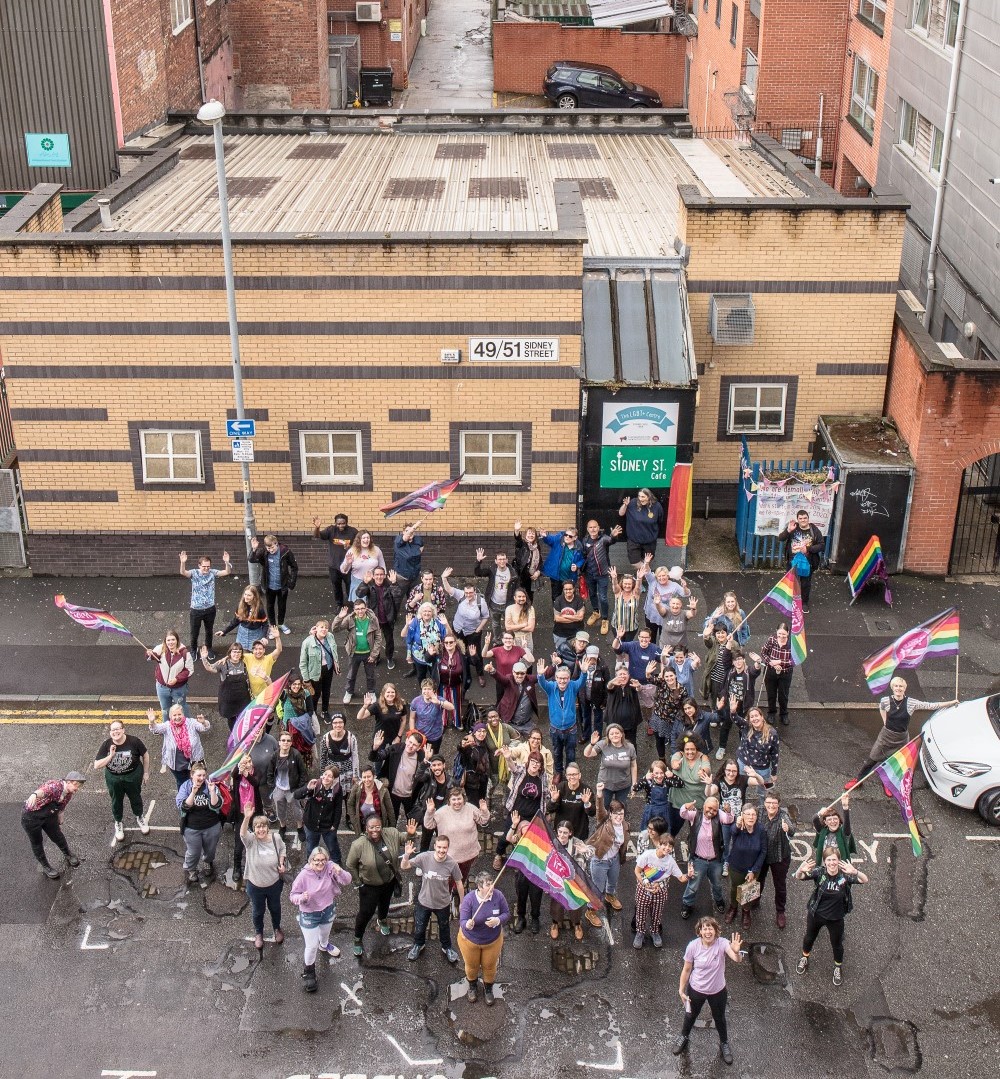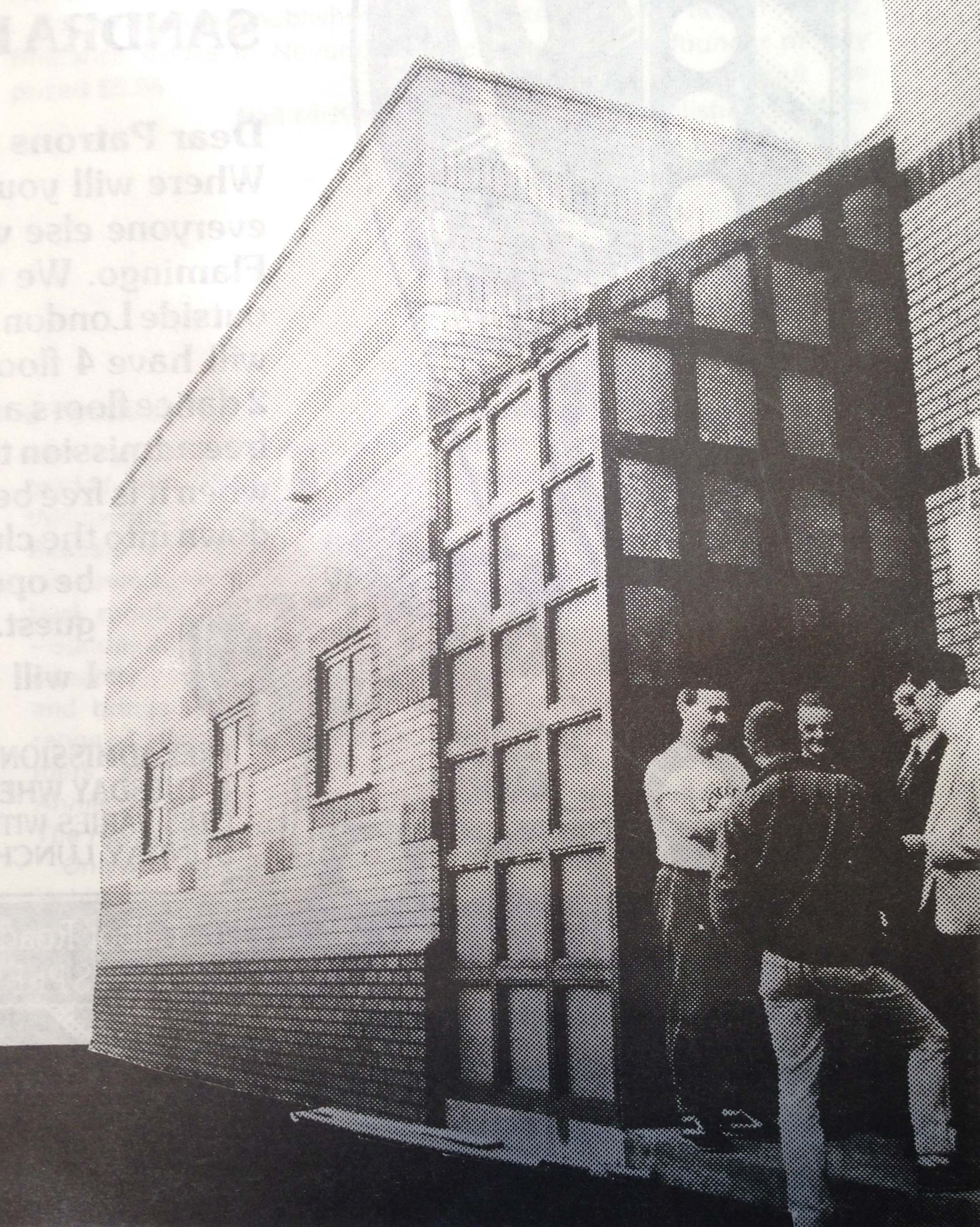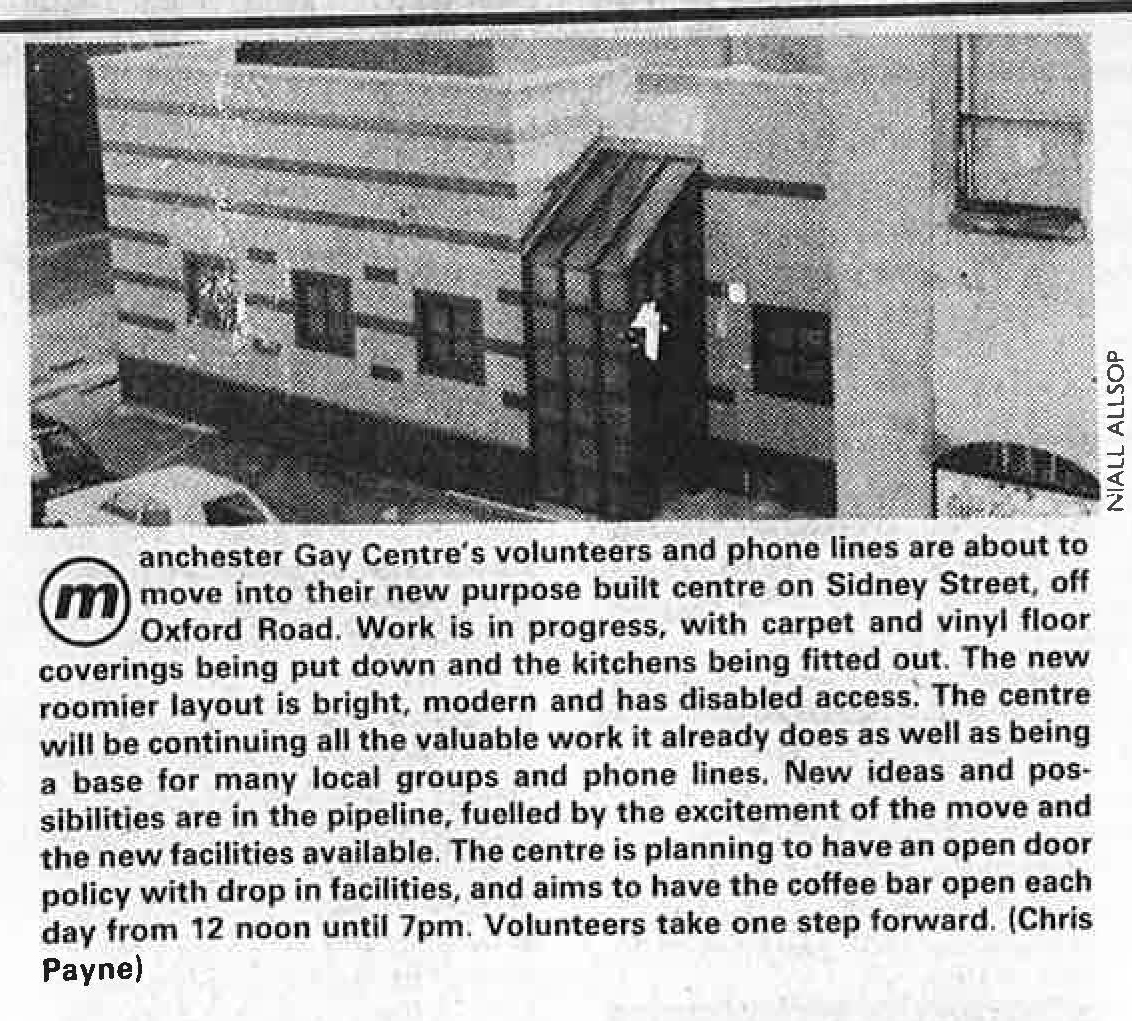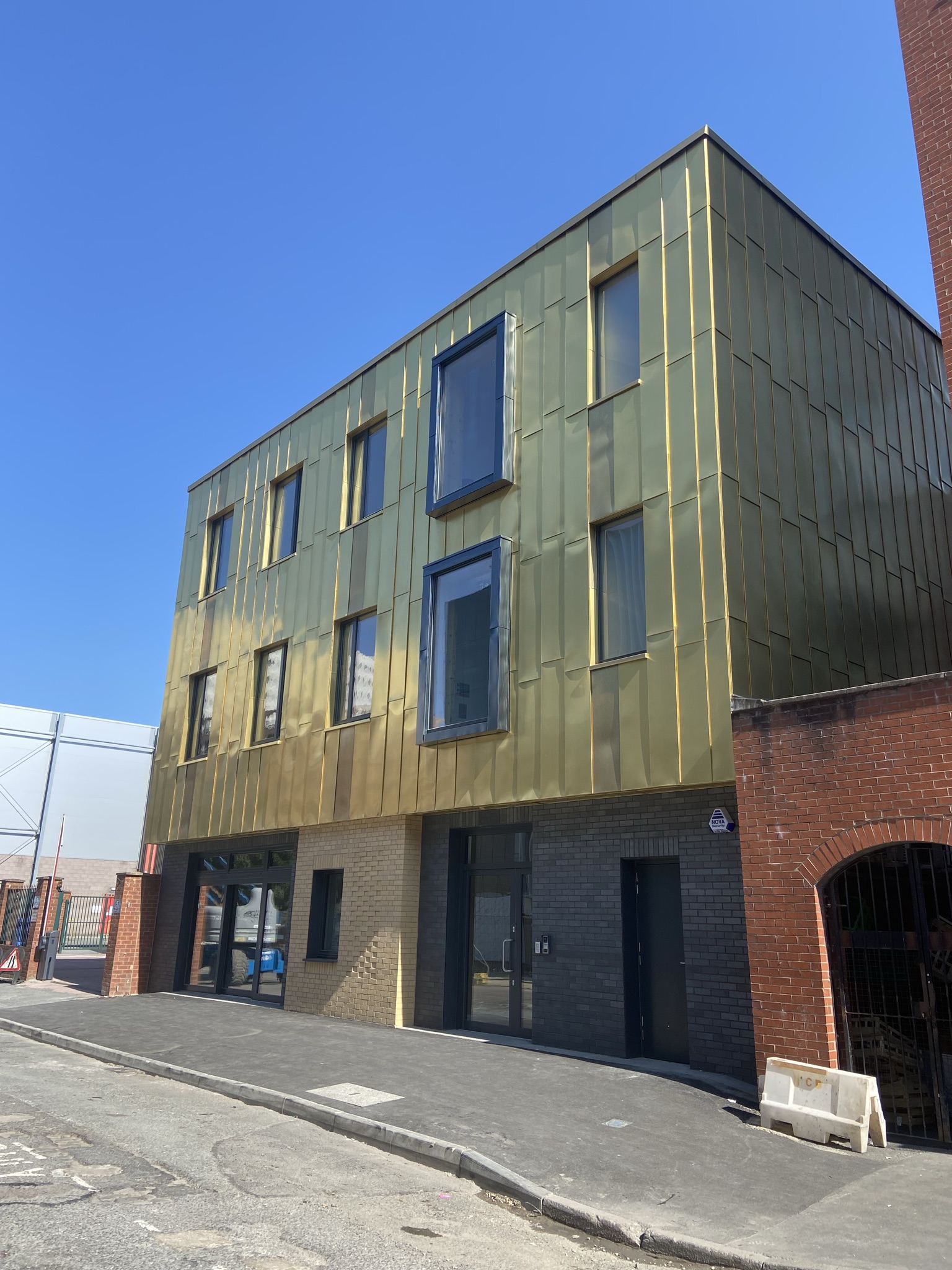The building work of the new and improved LGBT+ Centre in Manchester, co-designed by an architecture academic at Manchester Metropolitan University, has been completed.
The three-storey centre, which is ran by the Proud Trust – an LGBT+ charity – will replace the old yellow-brick building on Sidney Street across from the University’s campus on Oxford Road, where it has served the LGBT+ community for more than 30 years.
Emily Crompton, a senior lecturer at the University's Manchester School of Architecture, and former practising architect, designed an early version of the building after the charity decided that it wasn’t fit for purpose.
The final design was put together by URBED (Urbanism, Environment and Design) – a design and research consultancy based in Manchester.

Crompton, who has also ran walking trails around the city to teach others about the history of the building and Manchester’s LGBT culture, said: “The old building was very much built of its time with basic foundations and the use of cheap materials. The windows were installed above head height to keep those inside anonymous, or some rooms had no windows at all – it was always an anti-climax as you walked around the corner at the end of the trail to see an old, worn-down, yellow building.
“The community has fought tirelessly over the years to keep the centre open and people are really connected to it, so it was a heart wrenching decision to demolish it but the new building is more than worth it – the LGBT+ community deserved something more and somewhere they can feel proud of who they are.”
Sense of pride

November 11, 1988 Gay Life Issue 20. Image courtesy of Manchester Public Libraries
The centre will support adult and youth LGBT+ groups and will be the only non-alcoholic LGBT+ community space in the city.
It will also host a national digital help service, called Proud Connections, with qualified youth workers offering advice, information and support to anyone via an online web chat. In addition, the service includes mentors who will be available to offer ongoing support for young people.
Amelia Lee, Strategic Director of The Proud Trust, said: “With this space, we wanted to provide something better for the LGBT+ community. One thing we talk about a lot is ‘poverty of aspiration’ and the groups we had in our former building were just so happy to have a place that they accepted the fact that it had a tin roof, it leaked and it had no windows.
“The needs of the LGBT+ community have become more visible and more varied and we knew that we had ran out of space in the old centre and needed something that met needs of people not just now but in many years to come.
“The LGBT+ community suffers so much shame, whether that’s because of who we are, or the way our families feel, so we need to give them something they can be proud of. We want to give people a sense of pride in who they are and see their place within a wider community and wider history and feel more validated.”
Manchester School of Architecture
Students from the Manchester School of Architecture also collaborated with The Proud Trust on the project to curate a digital exhibition to celebrate the history of the LGBT+ centre.
As part of the MSA LIVE project they worked with Manchester Central Library, Archive+, The Proud Trust youth workers and young people to create a website and a zine of everything they learnt.
The exhibition ‘Our Proud Past’ will be celebrated with a physical exhibition in 2022.
The build was also supported by the Facilities team at the University, who helped with logistics of the build while ensuring minimal disruption to the public. The team will also continue to support the maintenance of the centre.
The new LGBT+ Centre is due to fully open in September and the team is interested in hearing from people who may want to use the space for events, support groups, or any other social enterprise.
The Proud Trust is also working hard to finish furnishing the centre and are encouraging donations through its website.



